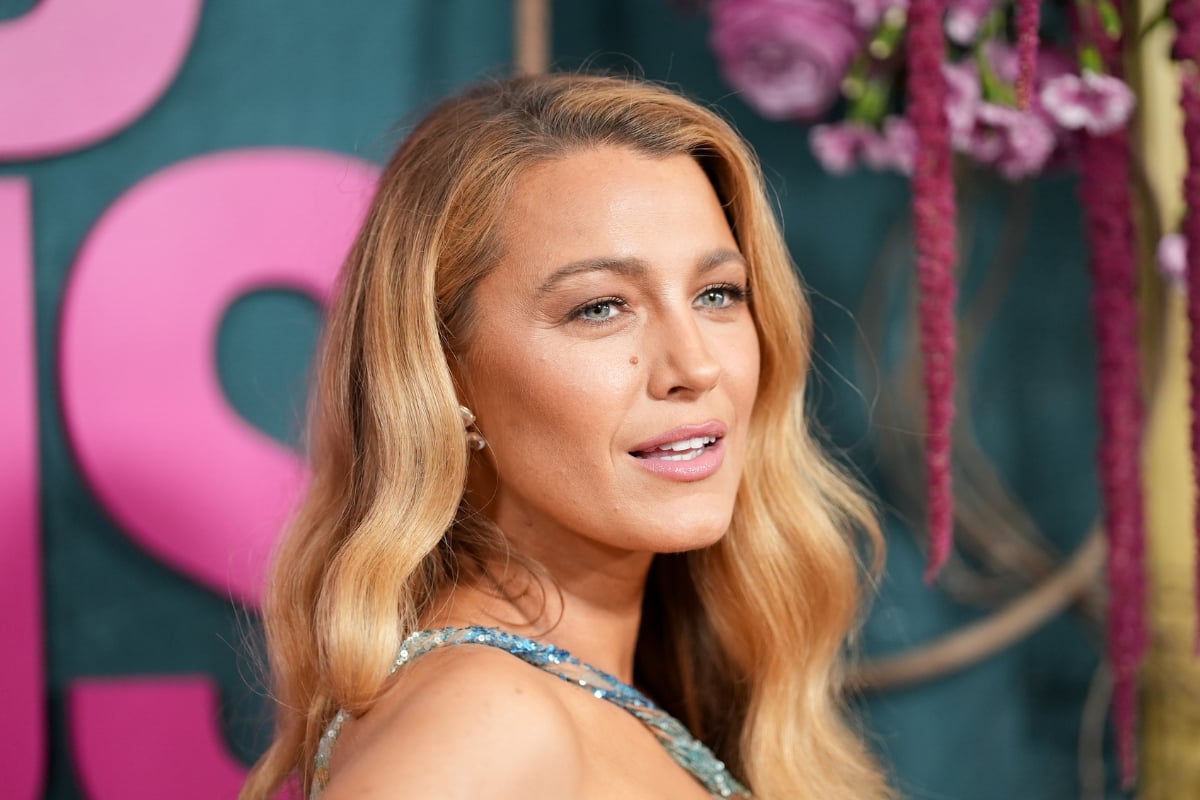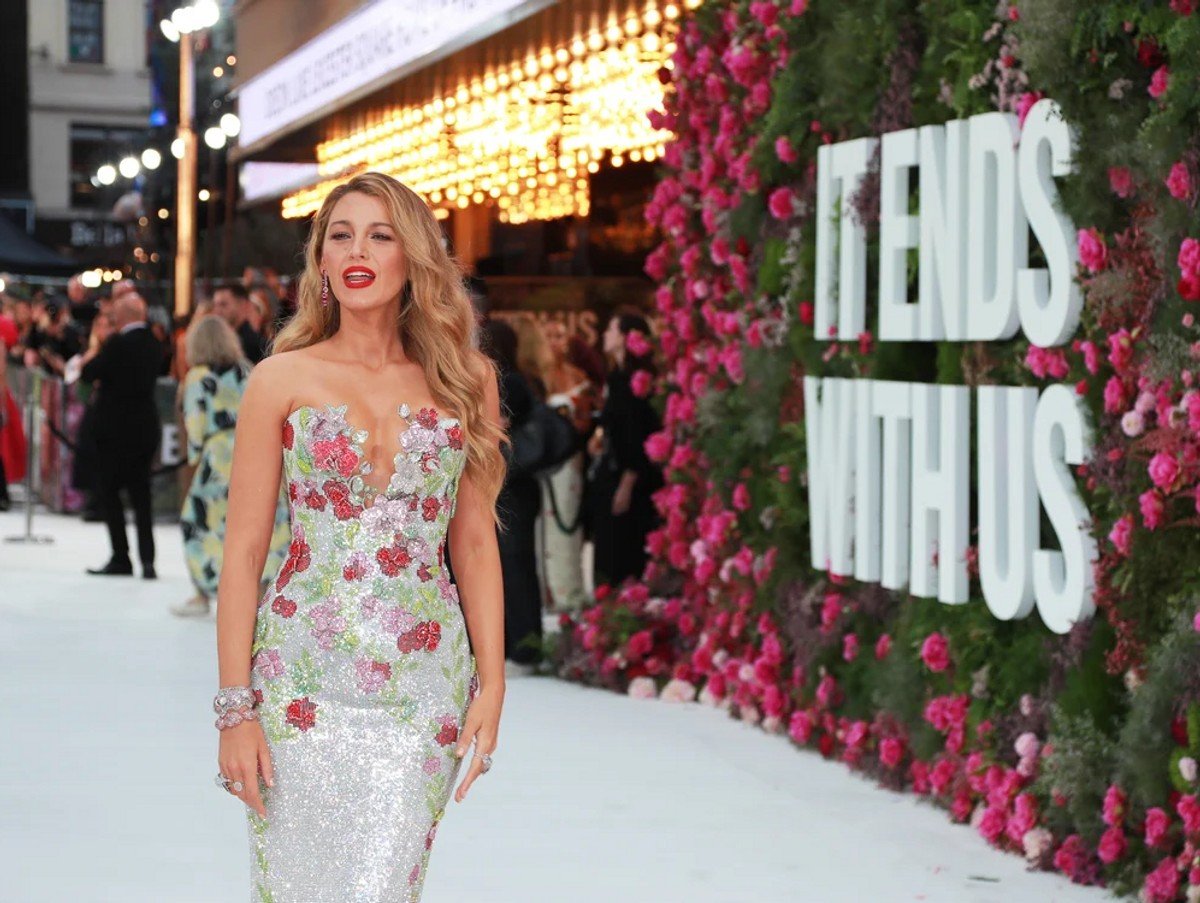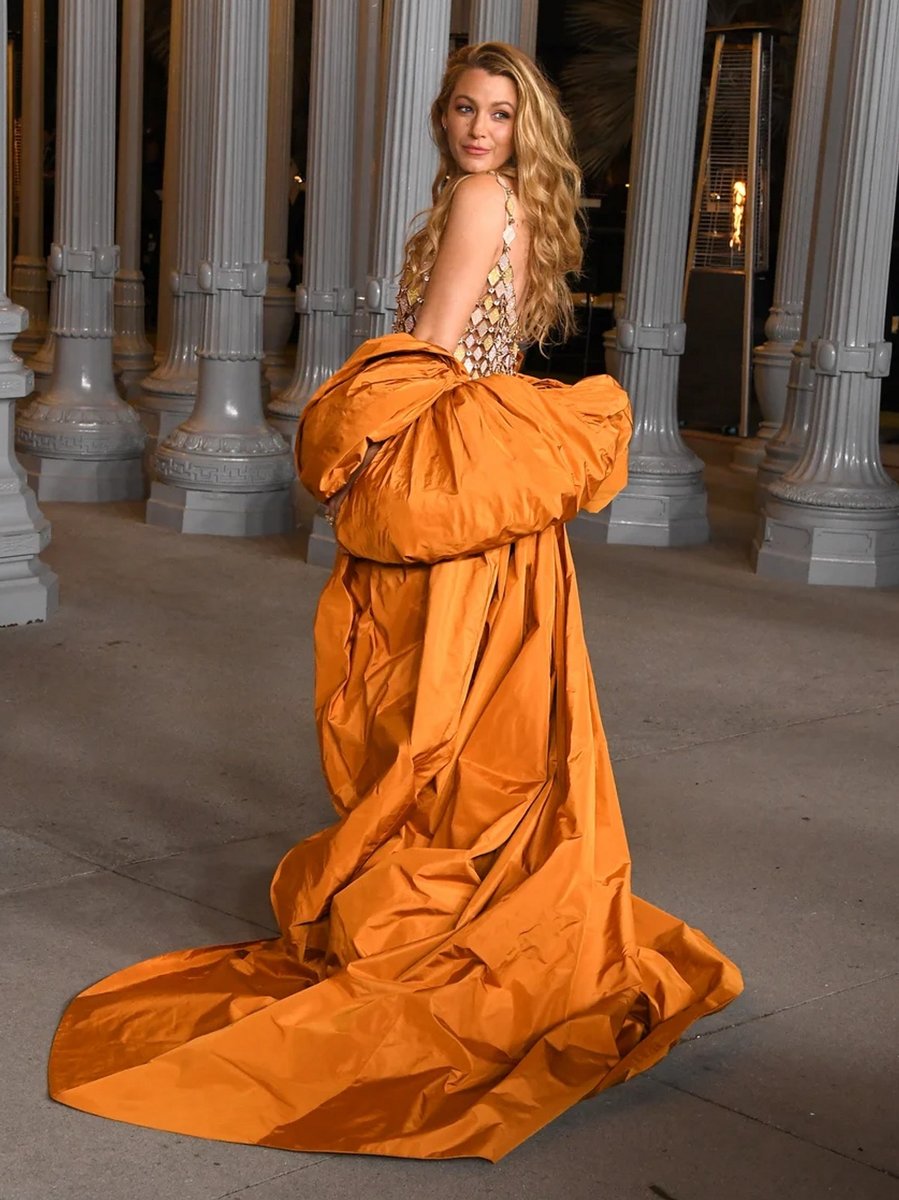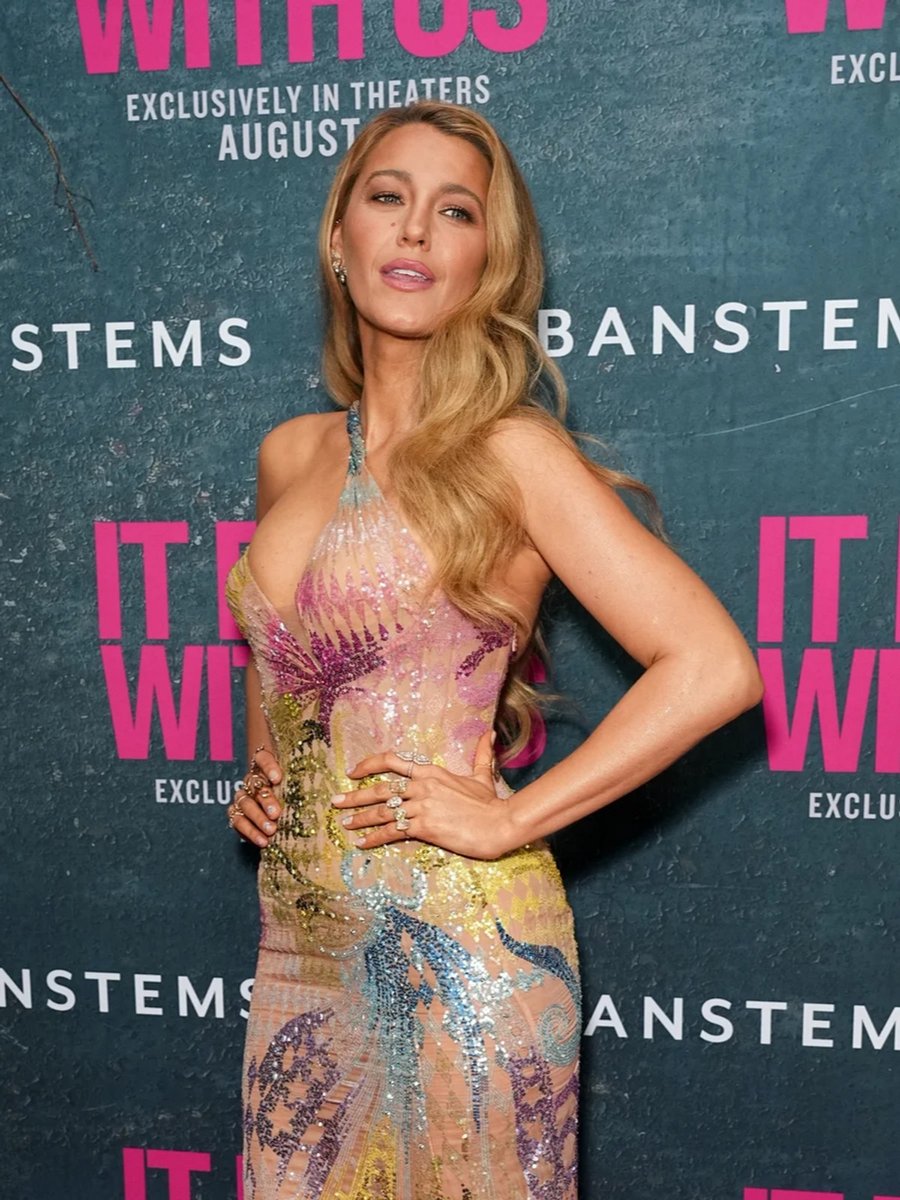
Blake Lively is the next in a long line of women who deserve an apology from the internet.
On Saturday, December 21, she launched a lawsuit against her It Ends With Us co-star Justin Baldoni, alleging sexual harassment on set and a social media smear campaign against her.
During promotion of the movie, Baldoni was painted in a positive light — a male on a mission to put an end to hatred of women and domestic violence. Meanwhile, Lively was seen as 'difficult' and 'tone deaf'.
But, according to Lively, this public perception was carefully engineered. And additionally, she claims Baldoni is not the feminist he paints himself to be.
You see, the lawsuit alleges that Baldoni entered the actress' trailer without consent while she was undressed, improvised kissing scenes without prior approval, added explicit sexual content to the script, and allowed his "friends" to watch intimate scenes being filmed.
Additionally, Lively has accused Baldoni of launching a social media smear campaign against her, allegedly facilitated by a "crisis management" team.
Her lawyers subpoenaed a series of text messages, including one from his publicist, stating Baldoni wanted Lively to be "buried" but cautioned not to directly say they would "destroy her."
In light of the lawsuit, the narrative surrounding her and her co-stars is beginning to change course.
So, how did we get here?
A wrong-footed press tour becomes a hate maelstrom.
After several blunders during the It Ends With Us press tour, including promoting her hair care line Blake Brown at the premiere and encouraging people to "grab your friends, wear your florals," to see a film about domestic violence, Lively was heavily criticised for her tone-deaf promotion of a movie with such heavy subject matter.

































































































